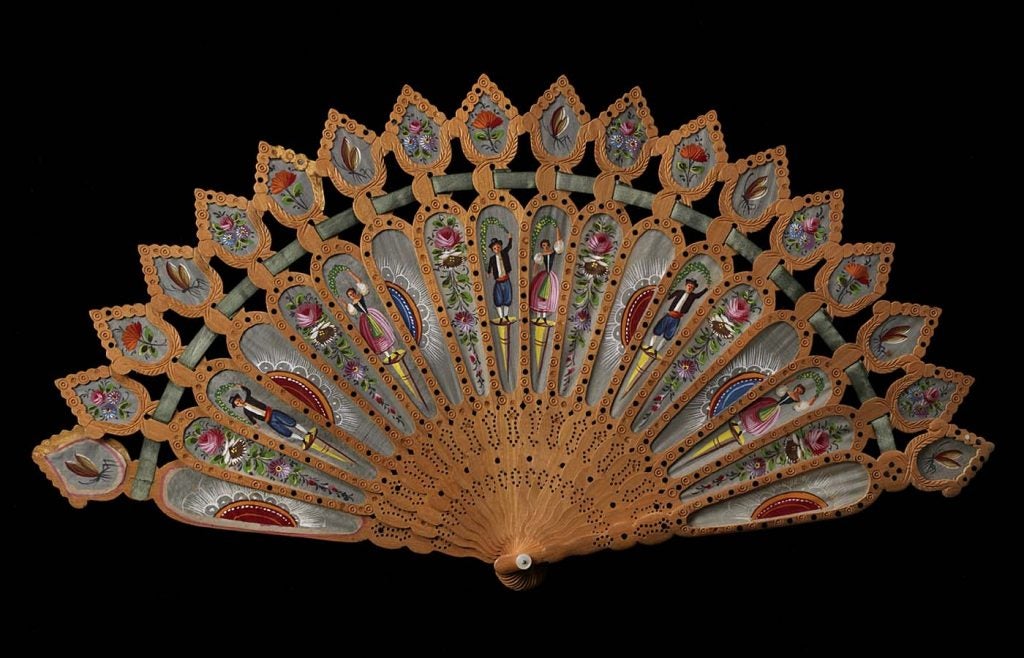The Body Is a Shield or a Sword
A body is neutral, objective, a fact—no more meant to be interpreted than a rock or a car. Different bodies shouldn’t mean different things, and yet. Other people have different interpretations of my husband’s body: its intent, threat, capabilities, worth.
The Body Is a Shield or a Sword Read More »
A body is neutral, objective, a fact—no more meant to be interpreted than a rock or a car. Different bodies shouldn’t mean different things, and yet. Other people have different interpretations of my husband’s body: its intent, threat, capabilities, worth.







